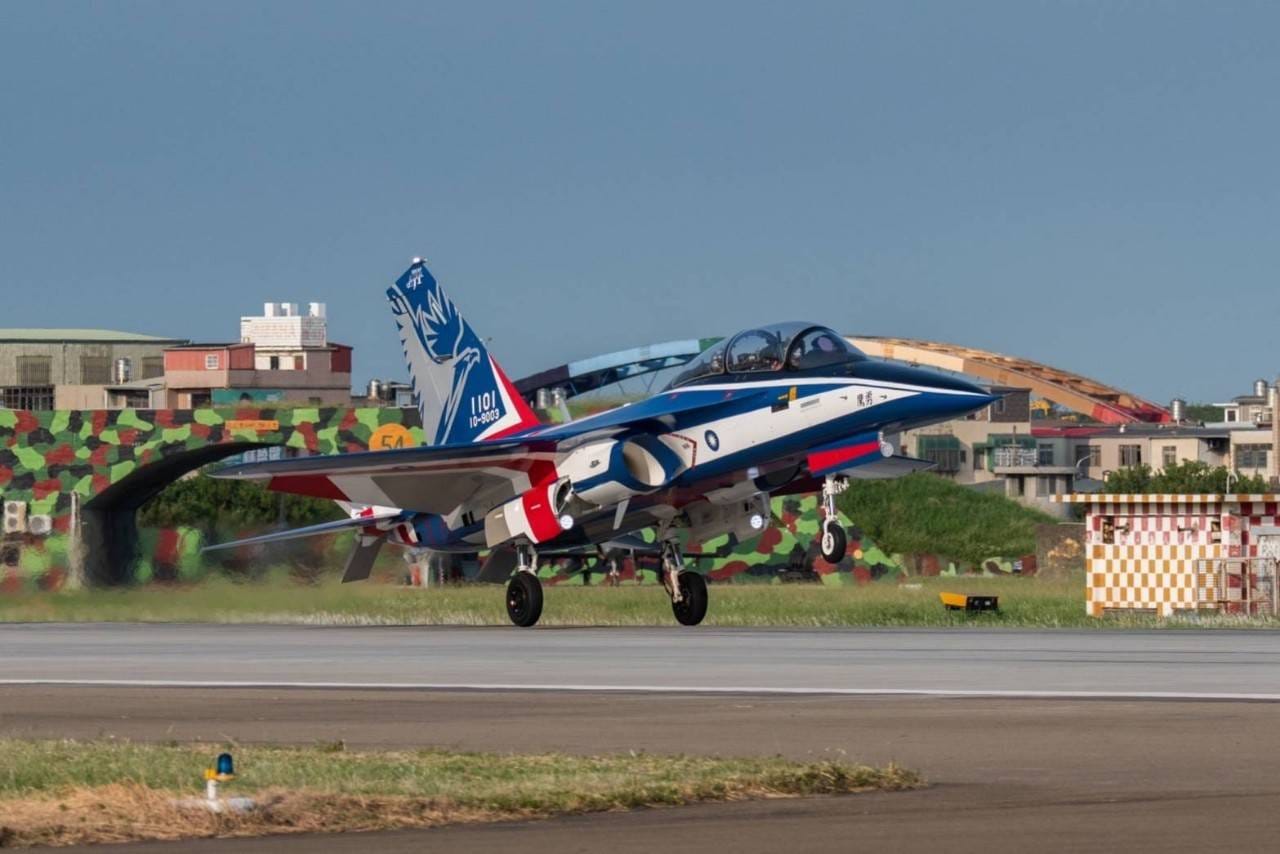Taiwan’s AIDC Pushes for Domestic Plane Production
The Republic of China Air Force (Taiwan Air Force) should look at the local defence and aerospace industry when planning for for the replacement of the it’s ageing trainer aircraft, the country’s sole aircraft company said.
Aerospace Industrial Development Corp (AIDC) general manager Ma Wan-Chun has revealed in a media interview recently.
He said that domestic defence and aerospace industry is totally dependent on Air Force contracts and the political leadership needs to provide clear guidance about its vision on how to develop the defence and aerospace industry, according to the Taipei Times report.
The Taiwan Air Force is planning to get new aircraft to replace its Beechcraft T-34C which are nearing the end of their service life, as well as develop locally made aircraft power plants and fifth generation combat aircraft, Ma said in the interview.
According to the report, he said that domestic plane production would realise the technological potential of the domestic defence and aerospace industry and would positively impact Taipei’s policy to transform the defence and aerospace into a global powerhouse.
Indigenous Defense Fighter Programme
AIDC learned lessons in aircraft design from developing the F-CK-1 jets for the Indigenous Defense Fighter programme, he said, adding that the nation had to rely on imports for aircraft systems.
The Advanced Jet Trainer Programme not only led to the creation of AIDC T-5 jets, but also the beginnings of an indigenous industrial capability to make aircraft systems, he said.
AIDC has 200 downstream partners in the production of aircraft systems, including antennas, lights and other equipment for the T-5 jets, Ma added.
While only 55% of the parts used in T-5s were sourced in Taiwan, AIDC believes it can source 75% of a turbo-prop design indigenously, he said.
Giving AIDC the contract for a turbo-prop trainer aircraft would allow Taiwan to increase its military self-sufficiency, he said.
Furthermore, the nation would need to boost its ability to produce aircraft systems if the nation is to pursue the development of an indigenous fifth-generation fighter for the Advanced Defense Fighter programme, Ma said.
The most crucial part of a fifth-generation fighter is the aircraft systems and not the airframe itself, he said, adding that the nation possesses the technological potential, but not yet the experience to produce such aircraft. –tt/adj/mhi (Pix: ROCAF)


